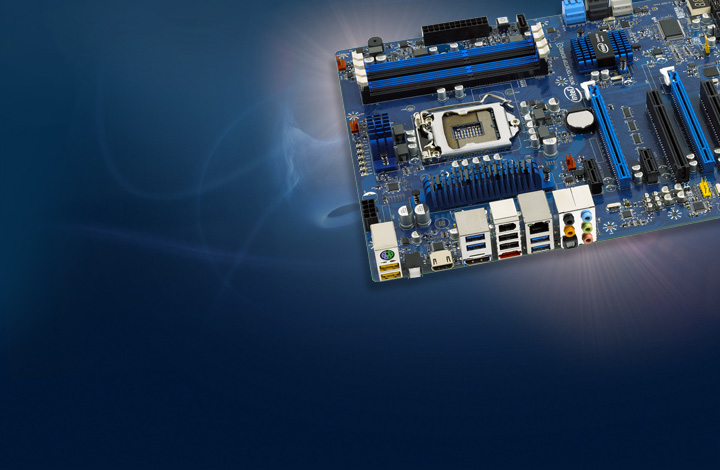Do you like this article?
The PC landscape is quickly changing and that fact was evident in Intel’s announced plans to ramp down and eventually cancel the production of its desktop motherboards.
Intel’s final line of PC motherboards will come in the form of its
Haswell platform. In the future the company will no longer produce PC
motherboards to complement its own line of processors.
While Intel will retire its own designs, the company plans to still
develop desktop CPUs for third party vendors upon request. Those third
party developers include ASUS, ASRock, and Gigabyte among others.
Intel in the meantime has shifted much of its attention to the tablet
and hybrid market which has witnessed drastic sales increases ever
since the release of the original iPad. Intel will now focuse its
developing reference designs on tablets and ultrabooks.
Cutting off its desktop motherboard division will not greatly affect
the Intel bottom-line as the company derives very little of its revenue
from that particular division.
With Intel
pulling out of the desktop motherboard design business it appears that
even the industry’s biggest players see very little future in the
traditional desktop sector.
While traditional desktop motherboards may no longer be in high
demand, the industry is still seeing significant sales in the all-in-one
desktop PC market as manufacturers attempt to find new ways to sell
home PCs in smaller sizes.
Because desktop PCs have become smaller, manufacturers such as Apple,
Samsung and others have begun to use mobile hardware in their desktop
units. Mobile hardware is smaller but increasingly more powerful,
allowing for company’s to slim down their desktop PCs and other devices.
The best example of mobile products being used in desktop devices is
the new 27-inch iMac which favors the Nvidia mobile GPU.
Do you think Intel is making the right decision in abandoning its
desktop motherboard business in favor of smaller mobile products?







